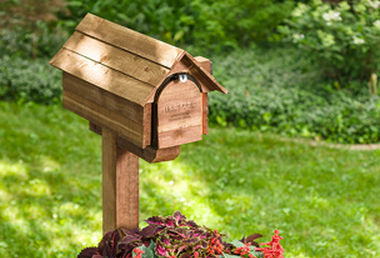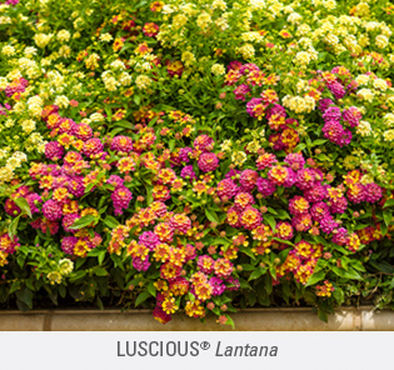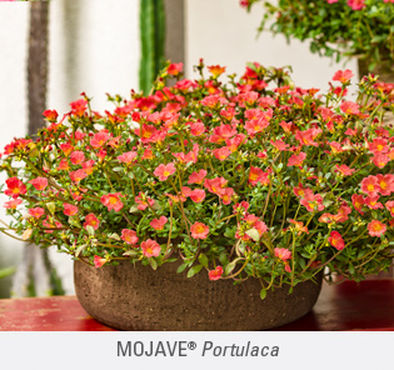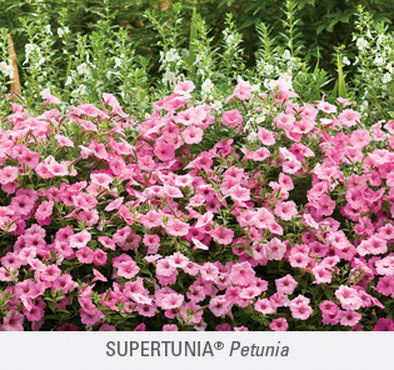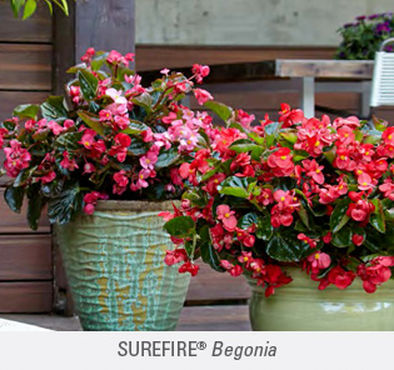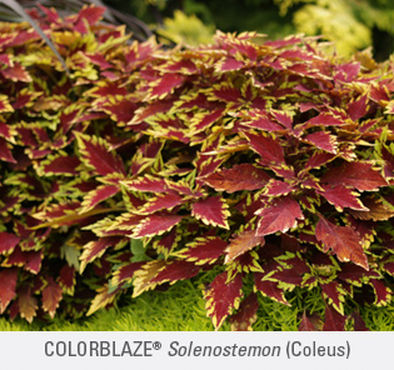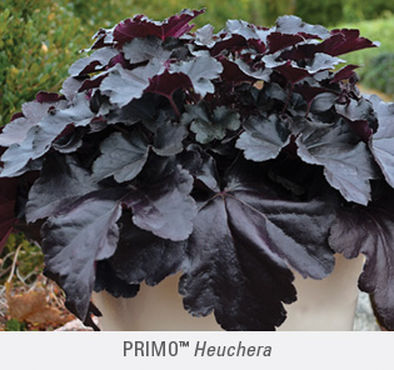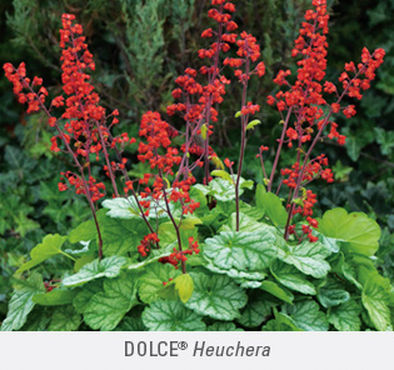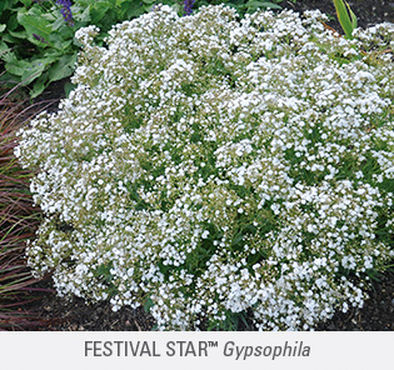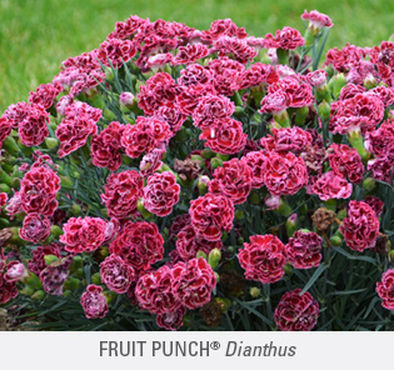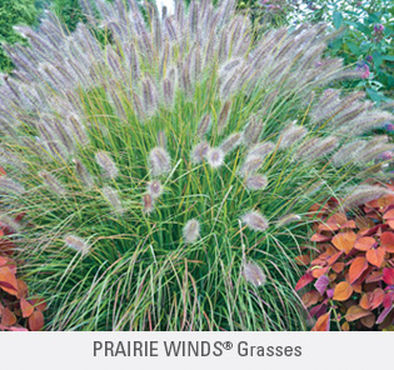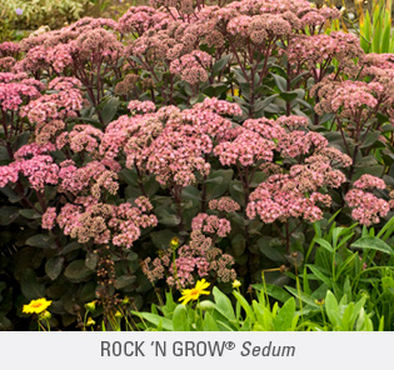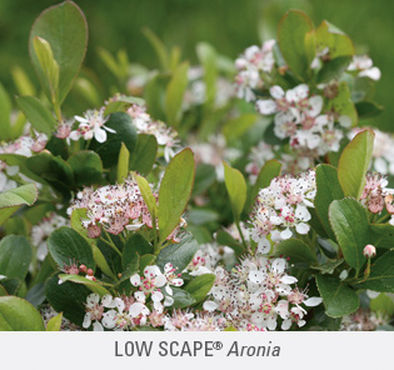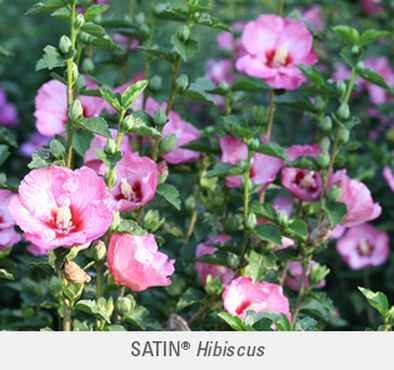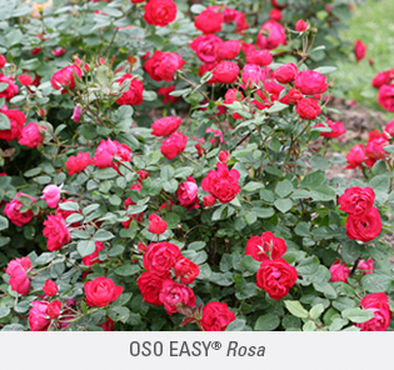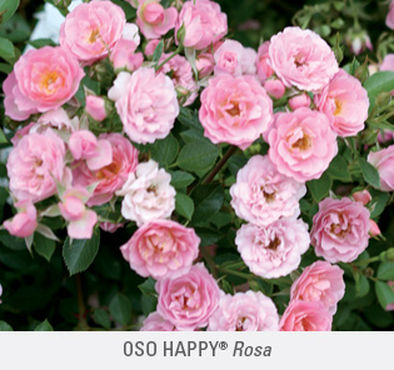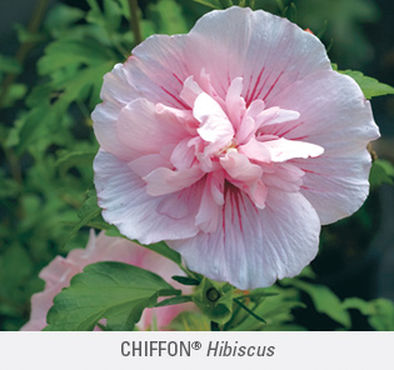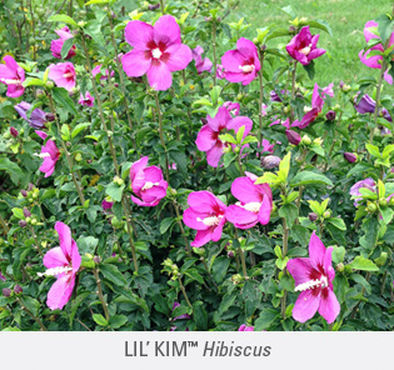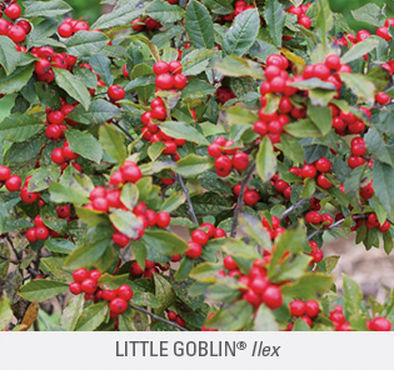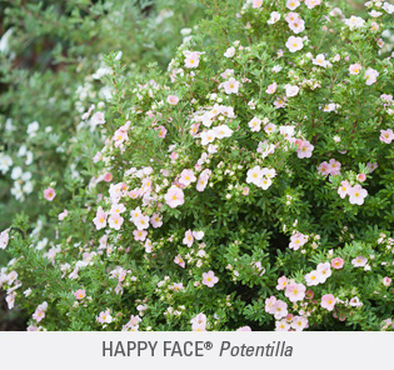Landscape Gardening

Instructions
- Check for underground piping and wiring : Mark off the area you’ll be converting into a garden. You’ll want to get in touch with your Utility provider to make sure you won’t be hitting anything important with your dig.
- Skin off the sod prior to digging : it’s best to skin off the sod before tilling so you don’t have chopped up grass growing back in the new bed. We used shovels and skinned off the grass and roots along with a couple inches of soil.
- Digging and turning over the soil : the grass is removed, either turn the soil over with a garden tiller or it can be spaded by hand depending on the size of the space and how much hard work you want to do.
- Dealing with clay in the soil : If the soil has a lot of clay in it, add peat moss and sand. After the soil is broken up, spread the peat moss and sand over the top and then till it in. Do the same thing with compost to add nutrients to the soil.
- Installing Edging : It’s nice to create an edge to the new bed by installing stone, landscape pavers, bricks or whatever is chosen. Create a clean edge to the sod and lay the pavers so that the tops are even with the base of the grass. That way, the lawn mower can go right over the edge to cut all the grass to avoid hand trimming.
- Planting : Once the soil is ready, space out the plants according to instructions on the tags, allowing enough room for them to have space to grow and mature. Plant everything starting in the back or the center and working to the edge or front of the bed. Fertilize the plants with a good water soluble fertilizer and water thoroughly. Add mulch to the bed carefully arranging it around all the new plants. The mulch will keep in moisture and help keep weeds from growing while the plants mature.
- Plant Care : Fertilize every few weeks, weed and trim as needed.
Watch the video to see how quickly a regular curbside mailbox area can become a colorful garden.
Materials
- Topsoil and compost : You’ll need about 2 cubic feet of soil for every 8 square feet you want to cover.
If the soil in your front yard has a high clay content, you’ll want to put in more quality soil, 3 cubic feet per 8 square feet, to ensure that your plants don’t struggle to root.
With the arched border, the space we created was about 40 square feet. - Edging stones: Check out Home Depot or your local landscaping supply. They’ll have a few designs to choose from.
We went with traditional 12” long, 3” wide, 3.5” deep spinner stones. - Plants : It’s a good idea to base your mailbox garden around perennials or shrubs and use annuals to add color each year.
- Plants We Used : We put in about 14 one gallon perennials. Other than the grasses, we used varieties that have a pretty compact growth habit. Once those were in place, we filled in with smaller 4” colorful annual varieties. We used about 30 4” plants.
Tools
- Shovels
- Trowels
- Tiller
- Water Source
- Elbow Grease
